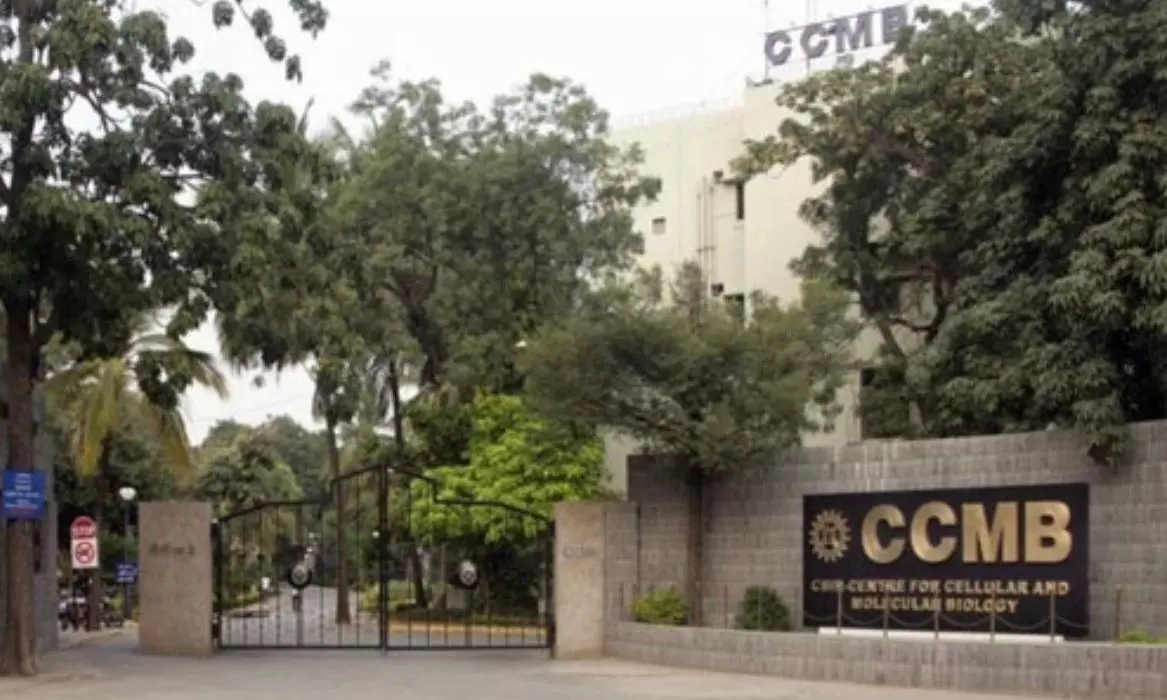ICMR approves Hyd-based CSIR-CCMB's time-saving dry swab technology to detect COVID-19
The dry swab technique does not require RNA extraction process and can be directly used for RT-PCR testing with sensitivity and specificity similar to the current gold standard
By Newsmeter Network
Hyderabad: The Indian Council of Medical Research (ICMR) has approved Hyderabad-based CSIR-Centre for Cellular and Molecular Biology's dry swab testing method for COVID-19 virus.
The Centre for Cellular and Molecular Biology (CCMB) has been testing COVID-19 samples since April 2020. Having worked closely with the healthcare workers of Telangana, it identified some of the key issues that were slowing down the testing process. In response to it, the CCMB researchers developed a dry swab RNA-extraction free testing method.
In a conventional testing method, nasopharygeal or oropharyngeal swab samples are collected by sample collection centres. These are then transported to testing centres, sometimes hundreds of kilometres away. The swab samples are generally placed in a liquid called Viral Transport Medium (VTM). To avoid leakage, the samples are packed heavily that adds to sample processing times at both the sample collection and testing centres. Despite this, there are leakages which render those batches untestable and unsafe in handling.
The researchers at CCMB found that VTM can be avoided. The dry swab technique does not require RNA extraction process and can be directly used for RT-PCR testing with sensitivity and specificity similar to the current gold standard, they found. This method has now received ICMR approval for use in settings where automated RNA extraction is not available.
Dr. Rakesh Mishra, the director of CCMB, said, "RNA extraction, even with automation, takes four hours for roughly 500 samples. VTM and RNA extraction both add a significant burden on money and time required for mass testing for coronavirus. We believe the technique's merit holds for all kinds of settings and has the potential of bringing down the costs and time of testing by 40-50 per cent. It is a game-changing technology as with the existing infrastructure, the throughput of COVID-19 screening can be enhanced several folds with immediate effect while, at the same time, making the whole process safer."